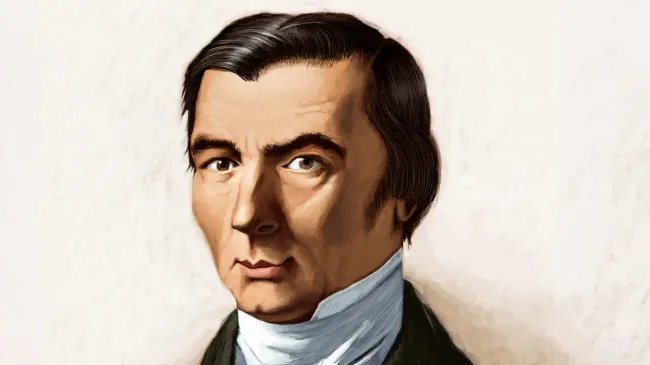This Is Not a Christmas Story—But Maybe It Should Be
Losing one’s money, credit cards, and passports in a New York City cab could have been a disaster. Thanks to trust and cooperation among people who didn’t know each other, this story had a happy ending.










